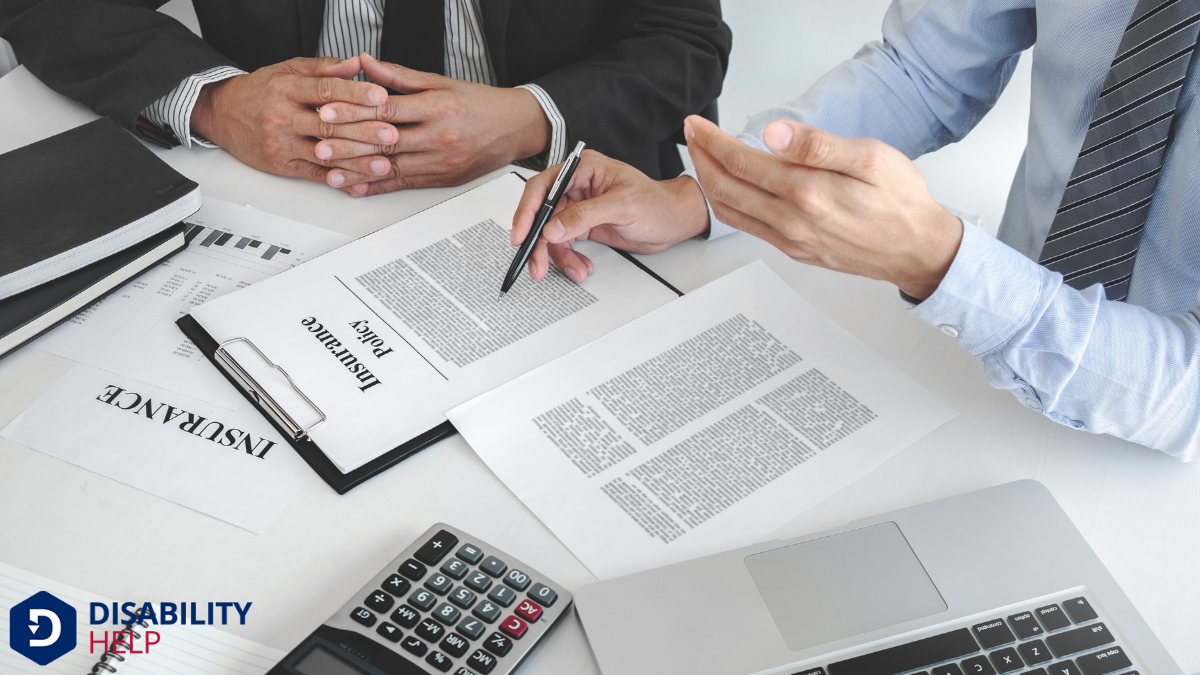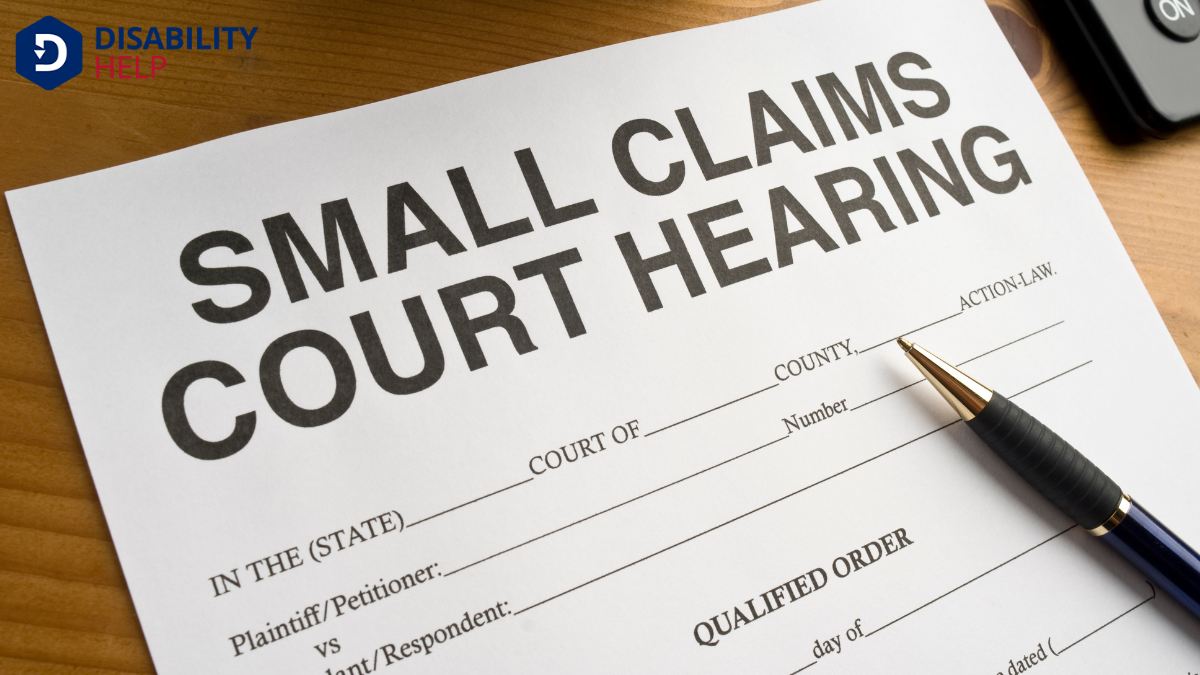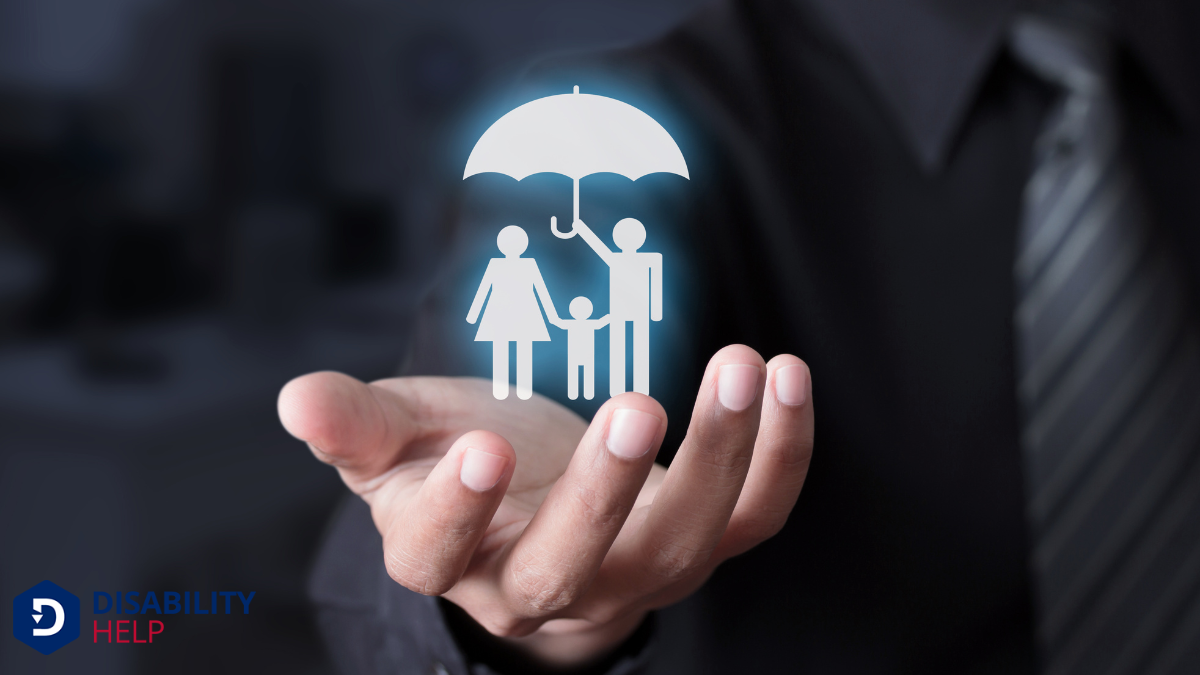When we're involved in an accident and discover the at-fault party lacks insurance, it can feel overwhelming. We're left wondering who'll cover our medical expenses, lost wages, or pain and suffering. Fortunately, there are steps we can take to protect ourselves and seek compensation through our own insurance policies and other avenues. Let's explore these options and guarantee we're not left financially stranded after such an unsettling event.
Key Takeaways
- Uninsured motorist coverage compensates for medical expenses and lost wages when the at-fault party lacks insurance.
- Filing a claim promptly with your insurance is essential for accessing uninsured motorist benefits.
- Legal options include small claims court for compensation, with necessary documentation.
- State funds may offer compensation for accidents involving uninsured drivers, requiring thorough documentation.
- Reviewing and adjusting insurance coverage regularly helps ensure financial protection in future accidents.
Understanding Uninsured Motorist Coverage
When we find ourselves in an accident where the at-fault party doesn't have insurance, understanding uninsured motorist coverage becomes essential. This type of coverage acts as a safety net for us, ensuring that we're not left to shoulder the financial burden alone. It covers medical expenses, lost wages, and even pain and suffering due to the accident.
We pay into this coverage as part of our own insurance policy, preparing for the unexpected.
It's vital to know that uninsured motorist coverage protects us when the other driver lacks insurance or if it's a hit-and-run situation. By having this coverage, we're securing peace of mind.
We shouldn't underestimate its importance, as it could mean the difference between financial stability and distress after an accident.
Reviewing Your Insurance Policy

Let's start by examining our insurance policy to understand the coverage limits and how they protect us.
We should pay special attention to the uninsured motorist clause, as it plays an essential role when the at-fault party is uninsured.
It’s also important to be aware of any policy exclusions that might affect our coverage.
Coverage Limits Explanation
Understanding coverage limits in your insurance policy is essential, especially when dealing with an at-fault party who's uninsured. We must confirm we understand the maximum amount our insurance will pay for damages or injuries.
Coverage limits typically include bodily injury per person, bodily injury per accident, and property damage. It's important to review these limits in detail, as they define what our insurance covers in various situations.
When we examine our policy, let's verify that these limits align with our needs and financial situation. Higher limits might offer more protection but could also mean higher premiums.
Uninsured Motorist Clause
Having a firm grasp on our coverage limits sets the stage for reviewing the uninsured motorist clause in our insurance policy. This clause is vital when we’re involved in an accident with an uninsured at-fault driver. It guarantees we’re not left vulnerable and can cover damages and medical expenses.
Let’s consider the key elements of this clause:
- Coverage Scope: Understand what damages and injuries are covered.
- Coverage Limits: Check how much protection we have.
- Claim Process: Know the steps to file a claim under this clause.
- Premium Impact: Determine if opting for this protection affects our premium.
- State Requirements: Verify if our state mandates uninsured motorist coverage.
Reviewing these elements helps us be prepared and informed, safeguarding our financial future.
Policy Exclusions Overview
While reviewing our insurance policy, it’s essential to explore the policy exclusions, as these define what isn’t covered. Understanding these exclusions helps us avoid surprises when filing a claim. Common exclusions might include intentional damage, normal wear and tear, or using our vehicle for commercial purposes.
If an accident occurs and the at-fault party is uninsured, knowing what our policy excludes guarantees we’re prepared for potential out-of-pocket expenses.
We should pay attention to any specific scenarios or conditions that could invalidate a claim. Taking the time to read and comprehend these sections empowers us to make informed decisions.
If any part of the policy seems unclear, let’s not hesitate to contact our insurance agent for clarification. This proactive approach safeguards our financial interests.
Filing a Claim With Your Insurance Provider
Let's explore how we can file a claim with our insurance provider when the at-fault party is uninsured.
We'll discuss how our uninsured motorist coverage and collision coverage benefits can assist us in this situation.
Together, we'll navigate the claim filing process to guarantee we're adequately protected.
Uninsured Motorist Coverage
When you're involved in an accident with an uninsured driver, uninsured motorist coverage can be an indispensable safety net. This coverage helps protect us when the other party lacks insurance. We should know how it works to make informed decisions.
Here’s a quick rundown:
- Coverage Limits: It’s important to understand our policy’s limits, as they determine how much protection we have.
- Types of Damages: This coverage can include medical expenses, lost wages, and pain and suffering.
- Filing a Claim: We need to contact our insurance provider promptly to start the claim process.
- Proof of Fault: Documentation and evidence are essential to support our claim.
- Policy Terms: Reviewing our policy helps us know what’s included and what’s not.
Understanding these aspects empowers us to navigate the claims process effectively.
Collision Coverage Benefits
Besides uninsured motorist coverage, another important protection is collision coverage, which can be valuable when filing a claim with our insurance provider.
This type of coverage helps us repair or replace our vehicle if it's damaged in an accident, regardless of who’s at fault. When the at-fault party is uninsured, collision coverage guarantees that we’re not left bearing the full cost of repairs ourselves.
It’s a financial cushion that can ease the burden of unexpected expenses. Our premium might increase after using it, but the immediate relief it provides can outweigh future costs.
We should review our policy details to understand the deductible amount and make sure it aligns with our financial situation, offering peace of mind when the unexpected occurs.
Claim Filing Process
Filing a claim with your insurance provider is a straightforward process that guarantees you're not left to shoulder the financial burden alone.
Let’s navigate this together. First, gather all necessary documentation related to the accident. This includes photos, police reports, and contact information from any witnesses.
Next, contact our insurance company to notify them of the incident as soon as possible. They’ll guide us through the next steps and inform us of any additional information needed.
Here’s what we should focus on:
- Documentation: Compile detailed accident reports and evidence.
- Timeliness: Report the incident promptly.
- Communication: Keep in touch with our insurance adjuster.
- Follow-up: Stay updated on the claim’s progress.
- Understanding: Ask questions if anything is unclear.
Exploring Legal Options
Although dealing with an uninsured at-fault party can be challenging, we've several legal avenues to explore.
First, we should consider contacting an attorney with experience in uninsured motorist cases. They can help us understand our rights and potential courses of action.
Another option is to file a claim under our own uninsured motorist coverage, if available. This insurance can provide compensation for damages when the at-fault party lacks coverage.
Additionally, we might explore negotiating directly with the at-fault party. Sometimes, they may agree to a payment plan or settlement to avoid further legal issues.
Understanding these options helps us make informed decisions, ensuring we effectively address the financial burden caused by the uninsured incident.
Considering Small Claims Court

When an uninsured at-fault party leaves us with damages, a small claims court could be a viable option to seek compensation. It's a straightforward process that doesn't require hiring a lawyer, helping us save on legal fees.
Here's what to take into account:
- Filing Limits: Verify our claim doesn't exceed the monetary cap set by our state.
- Documentation: Gather all evidence, including photos, repair estimates, and witness statements.
- Court Fees: Be aware of the filing fees; they're usually minimal but vary by location.
- Time Commitment: Prepare for possible court appearances, which could require taking time off work.
- Enforcing Judgments: Winning a case is one thing; collecting the awarded amount is another challenge.
Seeking Compensation Through State Funds
In situations where the at-fault party is uninsured and unable to cover our damages, seeking compensation through state funds can be a practical approach.
Many states offer a fund specifically designed to assist victims of uninsured drivers. These funds, often referred to as uninsured motorist funds or financial responsibility programs, help cover medical expenses, vehicle repairs, and other related costs.
To apply, we’ll typically need to provide detailed documentation of the accident, including police reports and repair estimates.
While these funds can offer significant relief, they may not cover all losses or be available in every state. It's essential to research our state's specific resources and requirements.
This way, we can verify we’re taking appropriate steps to receive the assistance we need.
The Role of Personal Injury Protection
Personal Injury Protection (PIP) plays an essential role in ensuring we receive immediate financial support after an accident, even if the at-fault party is uninsured.
PIP coverage is part of our auto insurance policy and offers a safety net by covering various expenses, regardless of who caused the accident. It's important to understand what PIP can do for us:
- Medical expenses: Covers hospital bills, doctor visits, and rehabilitationThe process of helping individuals with disabilities achieve and maintain their optimal physical, se... costs.
- Lost wages: Compensates for income lost due to injury-related work absences.
- Funeral costs: Assists with expenses if an accident results in a fatality.
- Essential services: Pays for services like childcare or house cleaning if we're unable to perform them.
- Passenger coverage: Protects passengers in our vehicle, ensuring their medical expenses are covered.
Understanding PIP helps us navigate difficult situations effectively.
Steps to Protect Yourself in the Future

Though accidents can be unpredictable, we can take proactive steps to protect ourselves against future uncertainties.
First, let's verify our insurance policy includes uninsured motorist coverage. This coverage can shield us from financial burdens if the at-fault party lacks insurance.
Next, we should regularly review and update our policy to reflect any life changes that might affect our coverage needs. It's vital to maintain a record of the incident, including photos and witness statements, to support any claims.
We can also consider increasing our coverage limits for added protection.
Finally, staying informed about local traffic laws and attending defensive driving courses can boost our preparedness on the road.
Let's take these steps to safeguard against unexpected scenarios.
Conclusion
In maneuvering the aftermath of an accident with an uninsured at-fault party, we’ve got options to guarantee we’re not left stranded. By leveraging our uninsured motorist coverage, reviewing our insurance policies, and filing timely claims, we can secure the compensation we deserve. Let’s not forget legal avenues like small claims court or state funds, and always consider personal injury protection. Together, we can take steps to safeguard our financial future against such uncertainties.






